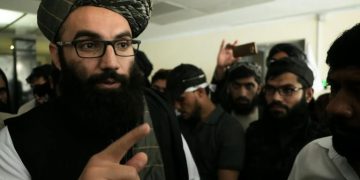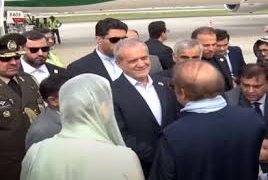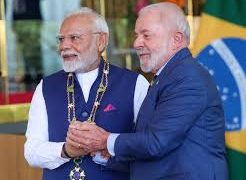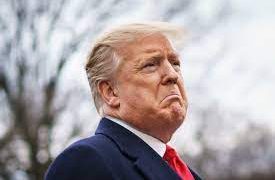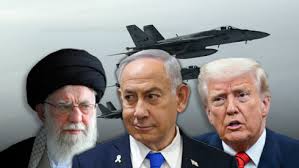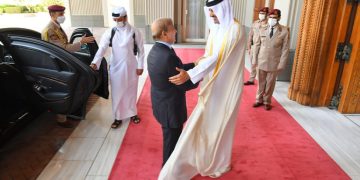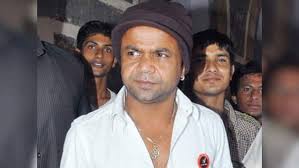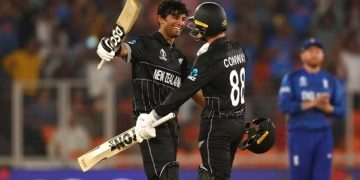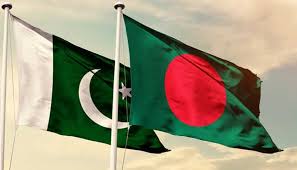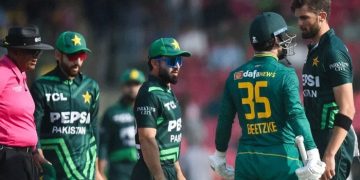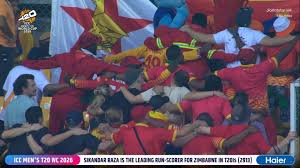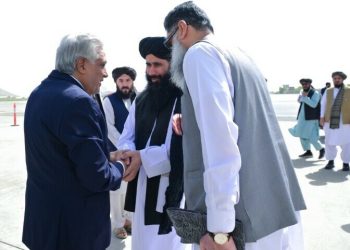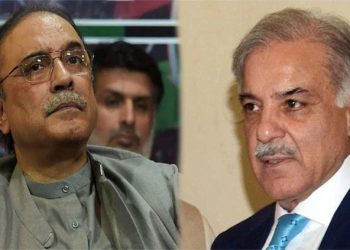The Supreme Court has reserved its verdict on the Election Commission of Pakistan’s (ECP) petition against the Peshawar High Court’s (PHC) January 10 order that restored the Pakistan Tehreek-e-Insaf’s (PTI) bat electoral symbol.
A three-member bench — headed by Chief Justice of Pakistan (CJP) Qazi Faez Isa and comprising Justice Muhammad Ali Mazhar and Justice Musarrat Hilali — is set to announce the verdict shortly after a day-long hearing.
The election commission had on December 22 barred the PTI party from keeping its ‘bat’ symbol for the upcoming February elections, citing irregularities in their internal polls that did not comply with the party’s own constitution and election laws.
Following the ECP’s decision to revoke their symbol, the PTI challenged it in the PHC. A single-member judge granted temporary relief, reinstated the bat symbol, and referred the case to a larger bench for a hearing on January 9.
Then, on December 30, the polling body challenged the PHC’s jurisdiction over the matter. However, in a dramatic turn of events, the PHC reversed its earlier decision and upheld the ECP’s order.
Facing the prospect of losing its iconic cricket bat symbol for the upcoming elections, the PTI took its fight to the highest court in the land — the Supreme Court. However, in a strategic move, they later withdrew their appeal, hoping for a favourable outcome from the PHC.
And the PTI did get what it wanted. The PHC on Wednesday declared the commission’s order “illegal, without any lawful authority and of no legal effect”. However, the ECP challenged it decision in the country’s top court on Thursday.
Subsequently, the PTI also filed a plea in the PHC against Election Commissioner Sikandar Sultan Raja and other ECP members for not following up on the PHC’s order.
Overview of the hearing
During the hearing, PTI’s counsels objected to the ECP’s jurisdiction contending that the electoral body lacks the authority to take up the issue of intra-party polls as they are the party’s internal matters.
The electoral body lacks the authority to revoke the party’s “bat” symbol in response to the concerns raised by a few individuals, the PTI’s lawyer Barrister Ali Zafar noted.
They told the court that ECP’s behaviour towards the party is biased compared to other parties. They contended, relying on Article 22 and Article 25 of the Constitution, that the ECP had no authority to delve into a party’s internal matters and the details of intra-party polls.
They further stated that there was no election tribunal but the ECP itself declared the intra-party polls null and void, therefore, the commission could not move a high court to get its orders implemented.
The power ECP assumed is akin to a civil court but the election commission is not the court of law, the lawyers said.
Meanwhile, the members affiliated with the PTI, who appeared in the court in a personal capacity, complained that they tried submitting their nomination papers for the intra-party polls but they were told that only those who had been selected by the PTI founder Imran Khan could contest the elections.
During the hearing, Section 215 of the Election Act 2017, on which PHC’s verdict was based, came under discussion. It was argued that the details of the intra-party elections have to be submitted to the ECP in writing following the polls, after which the commission determines if the party has conducted the process in line with the law.
The ECP lawyer, presenting his arguments, maintained that the PHC exceeded its authority, as the courts do not have the authority to render any section of the law or Constitution ineffective, but only Parliament can do this through proper legislation.
At this, the court also observed that the PHC went over the line.
“How could the PHC declare any section of the Election Act redundant or called it absurd,” CJP remarked.
Moreover, the CJP questioned whether the PTI’s intra-party polls were in accordance with the law, rules, and regulations.


